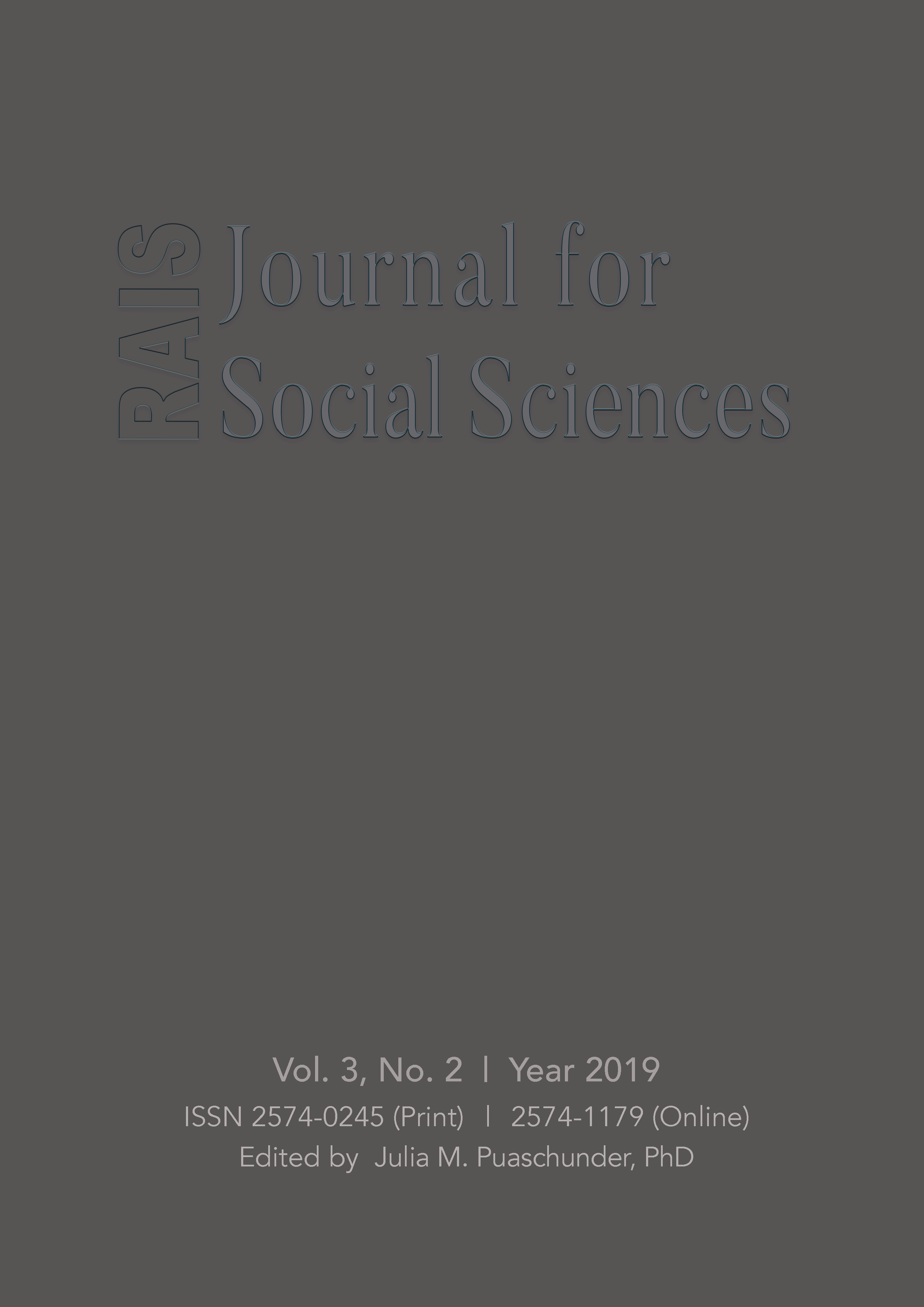The Impact of Discriminatory Harassment on Gender Representation in Elected Office in the United States
The Impact of Discriminatory Harassment on Gender Representation in Elected Office in the United States
Author(s): Olivia LaramieSubject(s): Gender Studies, Human Rights and Humanitarian Law, Social differentiation
Published by: Scientia Moralitas Research Institute
Keywords: politics; gender representation; harassment;
Summary/Abstract: The United States has seen a dramatic increase in women serving in elected office in the past decade. This study looks at the types of harassment female politicians receive and reviews whether this harassment impacts the representation gap between men and women in elected office in the U.S. The findings suggest that women face more discriminatory harassment than their male colleagues. This harassment is most often due to their gender, but other factors such as race, religion, and their individual opinions on controversial topics play a role in the harassment as well. Of the seven women surveyed who are still currently in office, four said the harassment was worse during their campaign. During their campaigns, these women faced death threats, threats of sexual assault, stalking, vandalism of their homes and cars, home and car break-ins, racism, sexual harassment, anti-Semitism, and online harassment. The policy recommendations regarding online harassment and the Violence Against Women Act intend to mitigate the harassment that impacts gender representation in elected office in the United States. It is suggested that a gender neutral policy be created that addresses social media harassment of all politicians. It is recommended that next reauthorization of the Violence Against Women Act include a clause that would deem female politicians a protected class. The goals of this clause would be to mitigate the increased likelihood that female politicians have of harassment in comparison to their male counterparts and to increase gender representation in elected office in the U.S.
Journal: RAIS Journal for Social Sciences
- Issue Year: 4/2020
- Issue No: 1
- Page Range: 20-31
- Page Count: 12
- Language: English

